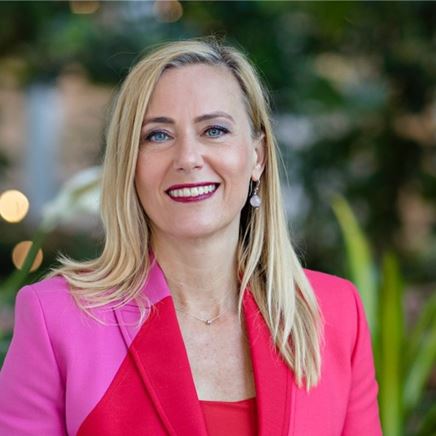On 1 January 2023, the state pension will rise by 10.15%. Where the statutory offset in the pension scheme is derived from the state pension, it also increases by 10.15%. With level salaries, pensionable earnings (the share of salary on which pension is accrued) will then fall in proportion to the increase in the statutory offset. This results in lower pension accrual and potentially lower absolute contributions for both employers and employees. Another side effect is that the cover for the surviving dependants’ pension may also go down. That is not such a pleasant thought.
By: Berry van Sonsbeek, Product Market Manager Zwitserleven
Now all this is nothing new, as it is part of the system in which pensionable earnings are determined. So with an annual state pension increase, this is something we see every year. Only in recent years, a participant’s pay rise usually exceeded the statutory offset increase. And so pensionable earnings increased as a result, and consequently the pension accrual and cover for the surviving dependants’ pension as well. Nothing to worry about, then.
But now, in the exceptional year with high inflation and a high increase in the state pension, the question is whether we should just let this special event pass. Of course, the answer again depends on the specific situation. And it is all not as simple as I outline here. But it may offer opportunities.
For example, you may be an employer that provides a pension scheme that has not yet used the maximum tax allowance because you do not yet use the lowest possible statutory state pension offset. Opportunity? Another example: The graduated scale of premiums used in defined contribution schemes has not yet reached a tax-facilitated amount. Opportunity?
The key question regarding the unintended bonus is in fact: Suppose the huge shock to the statutory offset from 1 January 2023 reduces the pension costs for employers (and perhaps also for employees), would you use this leeway to improve the pension scheme within the released budget, or will you use it for other purposes? There is no ‘one size fits all’ answer, but it sure is food for thought.
This article is published on





